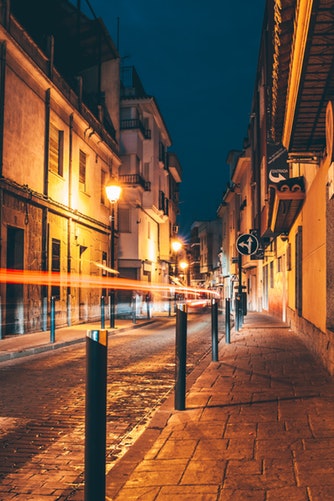The living standards in the European urban areas are much higher compared to the urban areas in the rest of the world. Technology bridges the gap between the European urban areas and the other parts of the world. However, it still poses challenges on efforts aimed at improving cities using technology according to urban experts. High-tech sensors have helped to reduce the garbage collection in El Born, a district in Barcelona. The area residents have a humble time to carry out the daily activities since trucks only pass through the area when the garbage bins are full.
In the same town, magnetic sensors placed below the ground surface shows drivers in advance if the parking areas are empty saving on time and reducing the vehicle’s emission. Barcelona which is Spain second largest city after Madrid has a high technology solution for traffic lights, street lamps and parking meters. Barcelona falls into the category of one of the richest cities in the world. The town has good access to municipal services that comes with a better living standard. This has been contrary to most cities in the world according to experts.
For someone to have a 24hours smart water meter, there must be a constant flow of water in the area according to Ayona Datta, a reader in urban futures at King’s College London. There are possibilities that technology can be introduced within a city in the developing countries to make water transportation more efficient, but this will only be productive on the richer sides of the town. The issue of working on equality in the developing towns can be problematic and unattainable. It’s obvious that people without access to internet or electricity become hard for them to benefit from high-tech infrastructure.
India is looking forward to having 300 million more people moving into the urban centres by 2050. What facilitates this is the fact that social issues are given priorities according to UN-Habitat. There are some objections on the Dholera smart city project. The project includes 920km metropolis on the edge of the ancient port city, set to run mostly on solar power and intended to become a global manufacturing hub. Critics see it as a way of displacing the small-scale farmers, and the fact that it’s built on a floodplain makes it not to be strong enough and demand more capital than initially planned. Nancy Odendaal, an associate professor of urban planning at the University of Cape Town says that a good number of smart city projects are real estate.
This is the opposite of the African version viewed as a final step of property development and speculation. Example of such projects in Africa is the Eko Atlantic City in Nigeria, and Konza Technopolis in Kenya. Eko Atlantic dubbed Africa’s Dubai by the locals is under construction on Victoria Island adjacent to Lagos. It is seen as a financial hub for Nigeria at the same time to solve the persistent housing problem in the city. Other people say that such projects are only meant for the wealthy merchants who do less to help the poor communities around them.
 We just launched our WhatsApp channel. Want to get the latest news from the Tech in Africa?
We just launched our WhatsApp channel. Want to get the latest news from the Tech in Africa?


